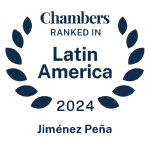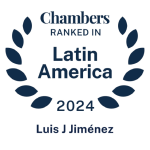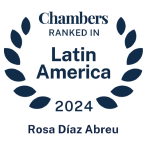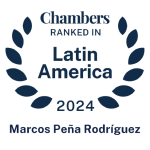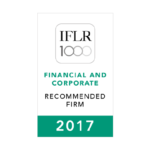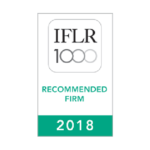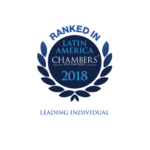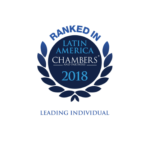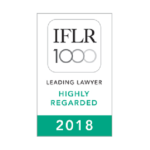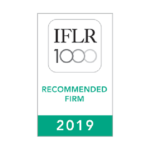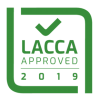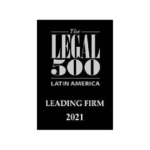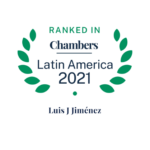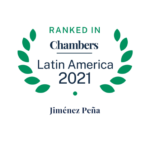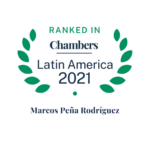Estate planning is a tool that allows for the effective management of assets and properties. This tool determines the legal structure or form to be used for acquiring, owning, and transferring such assets and properties, ensuring that risks are avoided and the desired objectives of estate planning are achieved. This process involves designing strategies and legal structures based on the creation of wills, foundations, trusts, or any other instrument that allows for efficient management or disposition of the asset.
Two key aspects of estate planning are its objectives and the risks it aims to mitigate, which vary in each specific case. For instance, the objective of a family consisting of a husband, wife, and four children is different from that of a single young person without children or that of a widow. Typically, the objectives of estate planning focus on future inheritance processes, family organization, and the prevention of conflicts in an efficient manner. Additionally, estate planning provides legal security and tax optimization for the ownership, exploitation, and safe and efficient disposition of assets or rights. When deciding to purchase a family home or an investment property, enter into a partnership with other investors, divide assets or liabilities from operational assets, or venture into a new business, people should do so in an efficient and secure manner, thinking about the future in the short, medium, and long term.
Previously, privacy played an important role in estate planning. It was believed that good estate planning could protect the confidentiality of asset owners. However, since 2013, with the introduction of regulations related to information exchange and anti-money laundering measures, privacy has been set aside, and it has become necessary to provide information about the controlling individual, known as the ultimate beneficial owner (UBO), when acquiring or disposing of assets and properties. In this regard, the structures previously created no longer serve the purpose for which they were designed, but people have discovered other utilities.
Why then is this topic gaining popularity? Why do we hear more and more about it? This is due to several factors:
- Firstly, there is poor inheritance practice, which has shown through experience that a lack of organization often results in complex and lengthy inheritance processes. It has been observed more frequently that incorrect family organization management in time becomes a headache for heirs and partners.
- Secondly, tax optimization is another point that has made these mechanisms more relevant solutions. The fiscal impact is increasingly the main point of analysis before carrying out any type of transaction, as is the tax burden at the time of succession. Estate planning can significantly aid in tax savings and the maximization of assets and properties when transferring them to heirs or when they are the subject of purchase or sale.
- Thirdly, there is the growth of the real estate market in the Dominican Republic and the economic stability of the country. This increase has generated interest in using estate planning strategies that not only protect the asset but also maximize its growth and are managed efficiently.
- Fourth and lastly, financial education has increased in recent years. Financial awareness about the importance of good estate management has led more people to seek advice and strategies to organize their estate from an earlier age, considering the types of investments including cash, real estate, high-risk assets, operational assets, among others.
Without a doubt, there are reasons for estate planning to be a topic of conversation and attention. Likewise, it is also true that the Dominican Republic presents challenges for those seeking to protect and maximize their estate, as it has a legal system based on civil law, a complex tax legislation, and outdated inheritance regulations. This is why estate planning in the Dominican Republic calls for thinking outside the box and being creative with the strategies and tools used. Among these strategies are instruments like insurance, trusts, private interest foundations, wills, and others that we will see in detail later.


